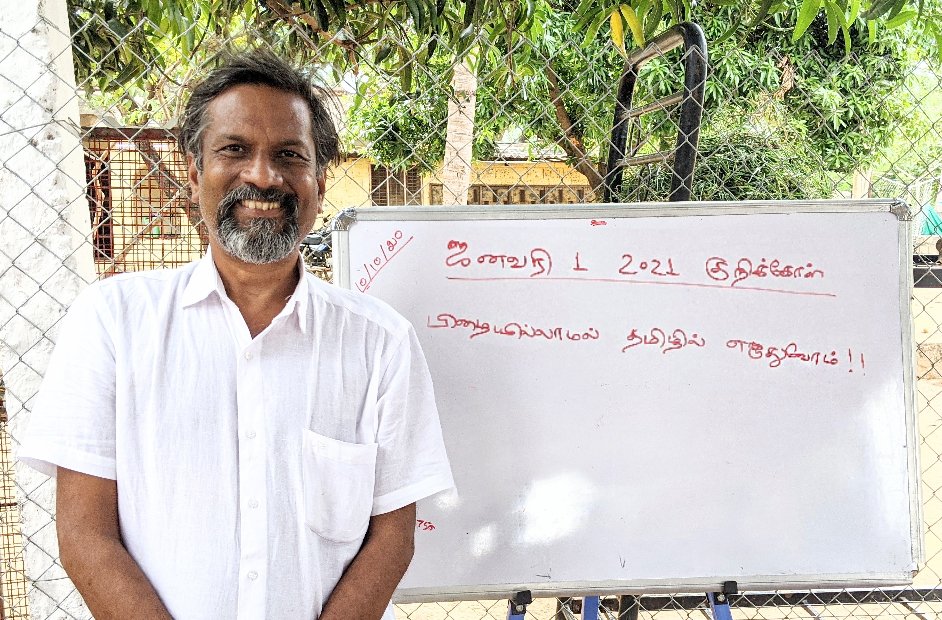
1/ One of the psychological and spiritual effects of concentration of talent (which is what large scale urbanization ultimately is about) is the "rat race".
Large urban areas don't give us space - the sheer physical room, and young children acutely perceive that lack of space.
Large urban areas don't give us space - the sheer physical room, and young children acutely perceive that lack of space.
2/ If you are talented and caught in that rat race, moving to a smaller community may cure it. You will simply stop caring about many of the "prestige traps" that afflict our minds - what brands of clothes, shoes, phones, cars and so on and on. That is profoundly liberating!
3/ From that personal transformation comes other good things. Your talent has a much better "return on psychic effort" in a village because these places have suffered from decades of talent erosion (I call it top soil erosion). Your talent can make a big a difference there.
4/ Over-concentration of this top soil of talent in very large urban centres turns it toxic as well.
The future of civilization may depend on us reversing the top soil erosion, both the physical top soil that helps grow our food and the metaphorical top soil of talent.
The future of civilization may depend on us reversing the top soil erosion, both the physical top soil that helps grow our food and the metaphorical top soil of talent.
5/ Currently fashionable economic doctrines celebrate large scale urbanization as the ultimate good. The spiritual and psychological consequences are not part of the model. Alienation and rat race are subjects for sociologists to study and prestigious economists won't touch them.
6/ I have low respect for academic economics for this reason, and I have enough mathematical background to understand them.
I have the deep conviction that we can build alternative models that nurture the human spirit holistically. Figuring that out is what I am trying to do 🙏
I have the deep conviction that we can build alternative models that nurture the human spirit holistically. Figuring that out is what I am trying to do 🙏
• • •
Missing some Tweet in this thread? You can try to
force a refresh



